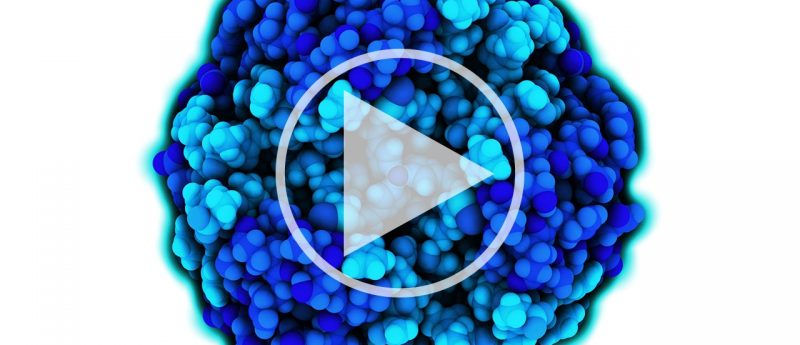Video: LC-MS bioanalysis of proteins via the surrogate peptide approach

https://www.youtube.com/watch?v=woH18xTyuf0Proteins and peptides represent a growing class of therapeutics due to their target specificity, lower toxicity and higher potency. Historically, these compounds have been quantified using ligand binding assays (LBAs). Recently, there has been a growing trend toward the use of LC/MS which offers the benefits of multiplexing, improved specificity, broader linear dynamic range and faster method development times. In addition, LC/MS avoids common LBA shortcomings such as cross-reactivity and anti-drug antibody effects. However, one challenge associated with quantification of proteins by LC/MS is the lack of a single standardized workflow, and the multitude of options within a workflow that make optimization difficult and time-consuming. This workshop aimed to provide practical method development guidance and comparative data for the choice of surrogate peptide, protein-level pre-fractionation, pellet digestion, peptide-level clean-up, internal standard (IS) selection, and digestion conditions. Data for infliximab, bevacizumab, and trastuzumab are presented.
Click here to view Waters company profile




